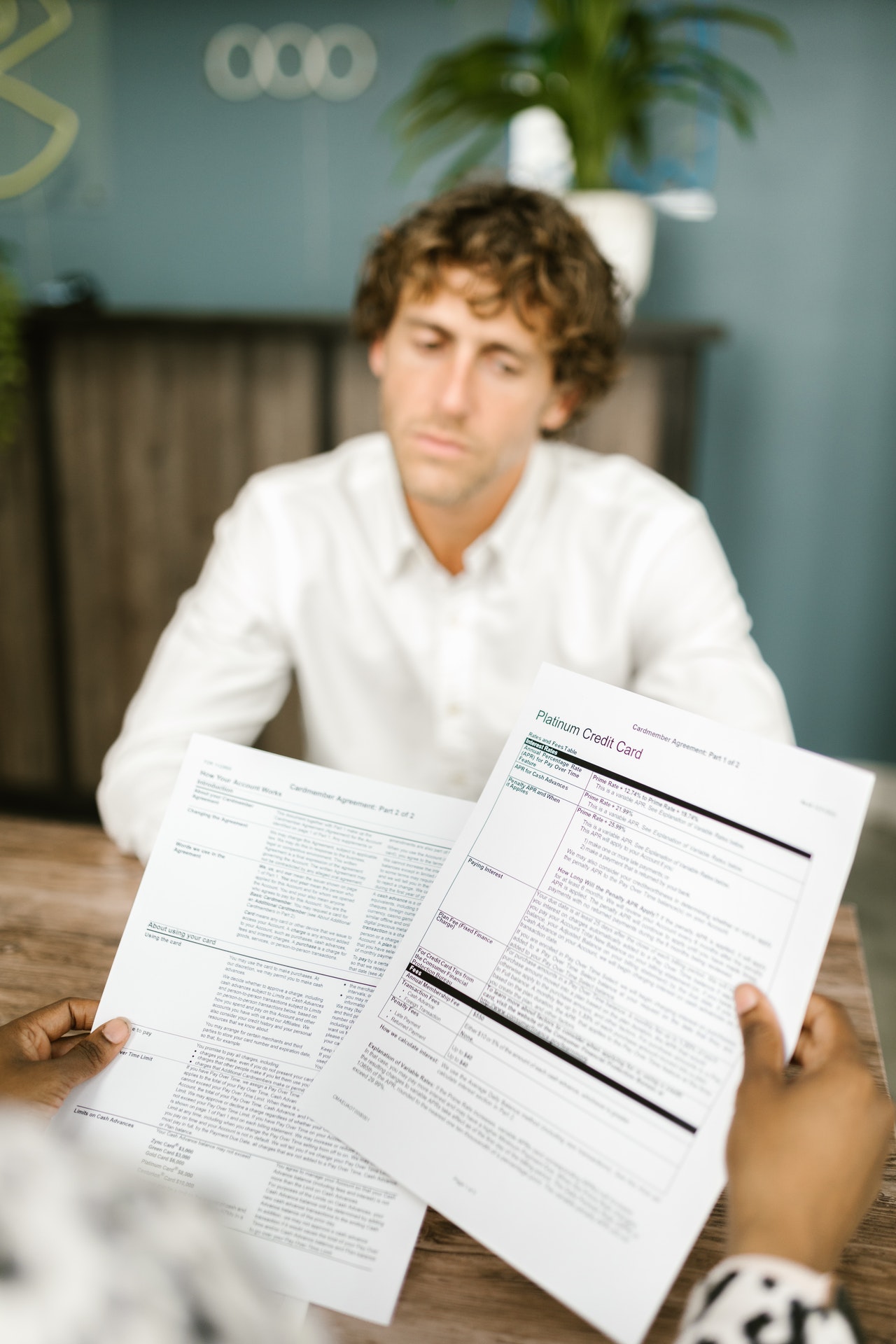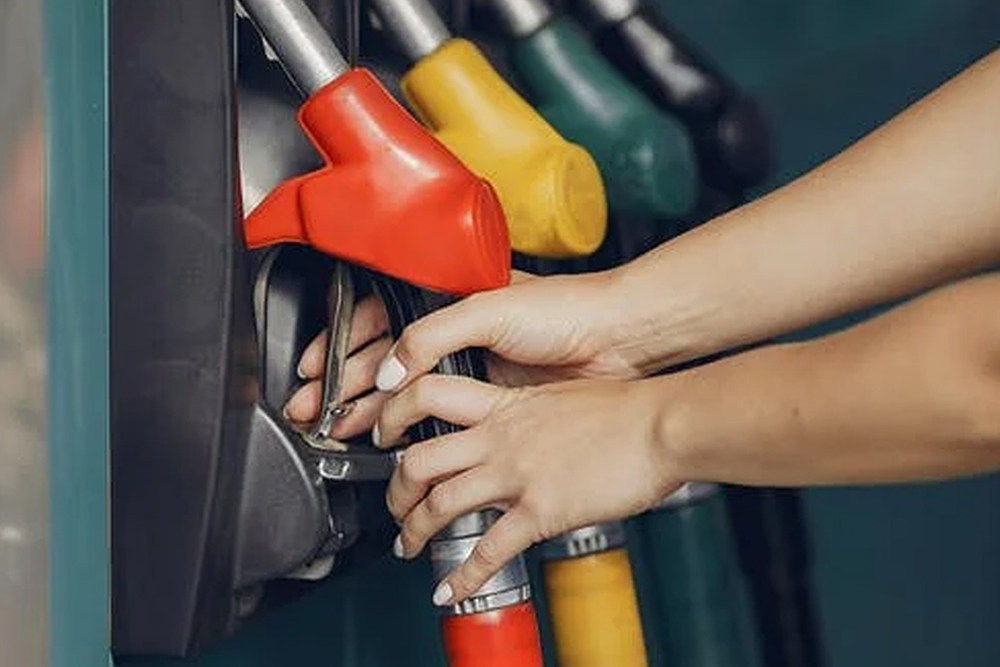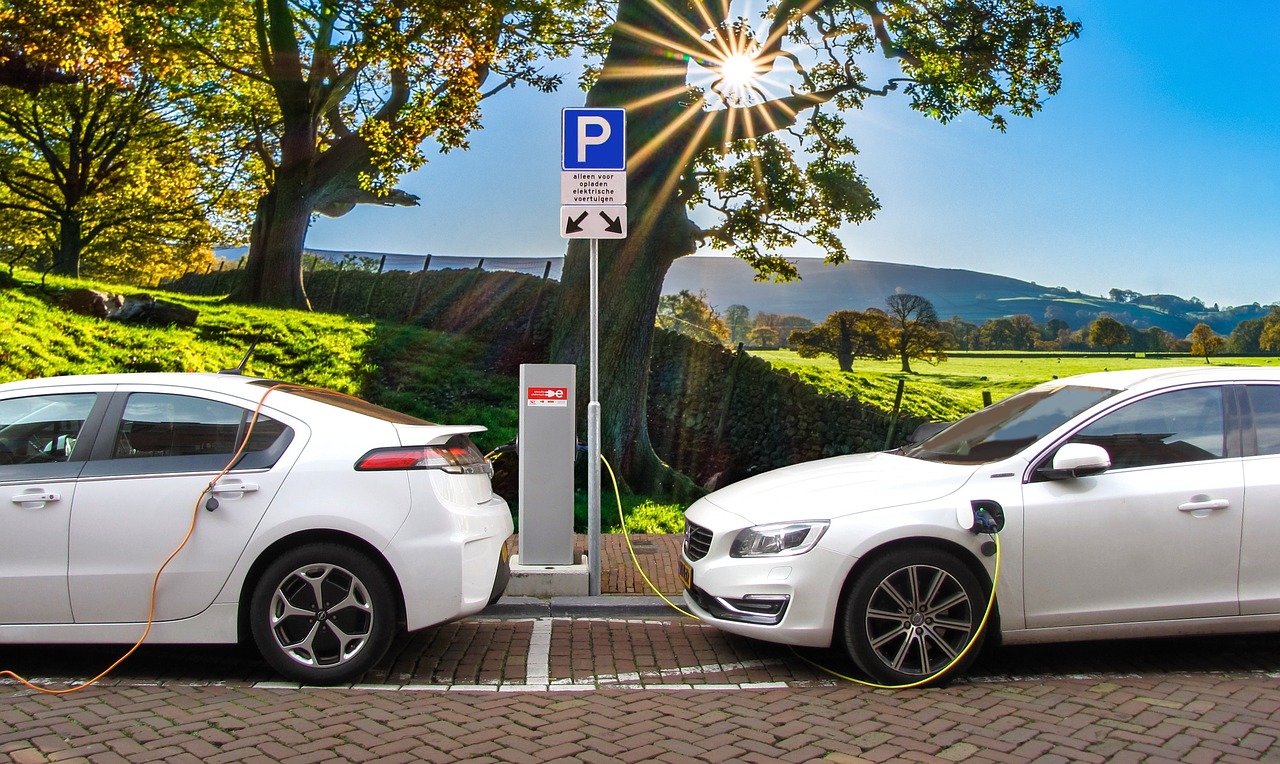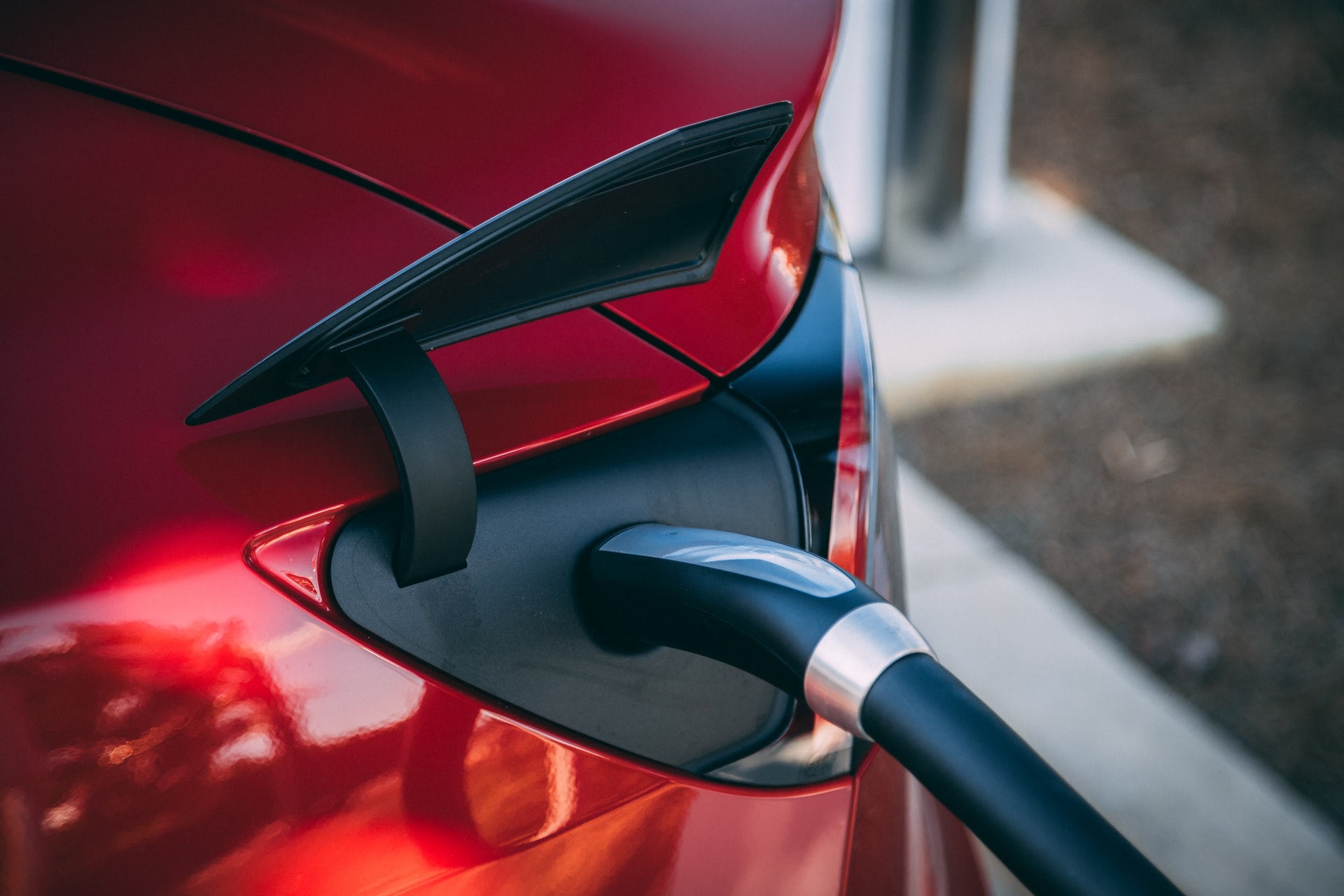

Roman Danaev
Buying a new car is an exciting event in a person’s life. However, upon weighing the pros and cons, you might find that you can’t buy a new car outright. If you pay your dues in good faith for 3-5 years, you will become a legal owner – that is, if all goes as planned. And what if it doesn’t? Can you sell a car on finance in that case? Let us consider what to do and how to sell the vehicle bought with car finance correctly.
Can you sell a car on finance?
Yes, you can sell a car on finance, but technically the car does not belong to you as it is under a finance contract with a lender like a bank or car finance company. To sell a car on finance, you would need to settle any outstanding finance on the car before transferring ownership to the buyer. This can be done by obtaining a settlement figure from the finance company and using the money from the sale to settle the finance. A car dealer can help facilitate this process, or you can speak to the car finance company directly. It's important to understand the terms of the finance agreement and any early settlement fees before selling a car on finance.
What happens if I sell a car with outstanding finance?
It is possible to sell a financed car even if you are not the legal owner. But be prepared for some serious legal trouble
When you sign a car financing agreement, you get a document known as a V5. This is the registration document that you need so that you can file insurance and tax. Also, if the police stop you, it will help prove that you are the car’s legal owner.
Of course, you can put the new owner on the V5 and sell the car to them. However, in the dealer company’s eyes, you are still the legal owner. And when the next payment term comes up, the dealer will contact the new owner first and then you. If the payment is not made on time, the company will repossess the car. In addition, if you still owe the car after you return it, the dealer has the right to go to court.
The new buyer can also go to court if he finds an unpaid debt behind the purchased car. Thus, a lawsuit from both sides can harm your wallet, credit rating, and chances of getting a car in the future.
Find car finance deals with the best rates!
Get a quoteIs it a criminal offence to sell a car with outstanding finance?
As you may have already understood, it is illegal to intentionally sell a car for which you have not yet paid off the entire loan. So, if you want to sell a vehicle on finance, you first need to make sure that all the payments are made. However, selling a financed car does not have to end in jail for you at all. Below, we will look at a few cases of selling a car on credit and the consequences of such decisions.
Can I sell a car with outstanding hire purchase (hp) finance?
In the case of a hire purchase, you cannot sell the car until the loan is repaid because the lender is the vehicle’s legal owner until the last payment is made.
The only way to sell such a car is to repay the loan early. To do this, you need to agree with the lender on the amount of early repayment and pay it in one payment – and then the loan will be considered repaid.
You can also return the car to the lender – but only if you have paid less than half of the total amount specified in the contract. If you paid more than half of it, including all the interest and surcharges, you can’t take the car back.
There is another nuance. Your contract may have a ‘voluntary cancellation’ clause. Under this clause, you usually do not have to pay any interest. The percentage of the may also vary depending on your circumstances.
Can I sell a car with outstanding pcp finance?
In the case of a personal contract purchase, you also have no right to sell the car until the contract is paid off in full – you are not the car’s legal owner to sell it.
Nevertheless, here, too, you can take advantage of the early termination of the contract. You can also do this by using the ‘voluntary termination’ clause in the financing agreement (the right to return the car to the supplier under the Consumer Credit Act of 1974).
In general, you have two ways to part with the car on financing. The first is that if you have paid precisely half of the contract amount, you can return the vehicle to the dealer. If less than half is paid, you will need to pay the remaining amount up to that amount. Remember that this amount should also include interest.
The second option is to prepay the contract and keep the car. This approach will work better if the remaining amount of the contract payment is less than the cost of further monthly payments. Once you pay off the contract amount and become the car’s legal owner, you can sell it.
Can I sell a car i’m paying off with a personal loan?
In this case, you can sell the car on your own. Once you have paid off the car loan in full, you own the vehicle, which means you are free to do whatever you want with it. Remember, however, that since you are still responsible for the loan, you will have to pay the monthly instalments.
Can I sell my financed car to a dealer?

It sometimes happens that the loan becomes unaffordable, and you can no longer afford the monthly payments – which means you cannot repay the loan. In this case, you can consider selling your car to a trader or dealer.
Of course, before such a deal, you will still need to talk to your lender about the amount you owe on your loan. With that in mind, you can go to the dealership and discuss how much they are willing to offer for your car.
There may also be the following option: the dealer you are selling the car to communicates with the finance company on your behalf. Instead of paying you for the car and then giving that money to the lender, the two companies will settle independently without involving you in the process. And if there is any money left over after the transaction, the dealer will give it to you.
The term ‘negative equity’ is also worth talking about. It is most commonly found in real estate, but it can also be applied to automobile transactions. It means this: if the amount you paid on loan is more than the car value, the seller will assume you have negative equity.
Of course, this will not prevent you from selling the car and will not penalize you. However, before you sell, you will have to calculate the difference between what your vehicle is worth and what the dealer will pay for it and then pay that difference to the lender, thereby paying off the contract amount in full.
Can I sell my car to pay off finance?
Let us repeat once again – you can sell the car only after you become its legal owner. That is after all the debts on loan along with interest have been paid. Or you can sell the car in refinancing, as we wrote above.
It is also worth keeping in mind the negative equity – all the costs of early repayment will likely reduce the car’s value. This means you will have to pay the difference to your lender dealer after the sale. Thus, selling the car won’t benefit you at all.
How can you sell a car with finance on it?
So, intentionally selling a car for which the loan has not yet been paid off is fraught with administrative penalties. Therefore, the only legal option for selling a car on credit is to settle the finance agreement before the sale. Carefully review the agreement you signed when you got the loan. It describes your legal right to terminate the contract prematurely. This is the basis of the negotiations.
Things you need to do:
There are alternatives to selling a financed car
Trading a car with outstanding finance
It may turn out that voluntary termination will not work for you. In this case, you are left with only two options to get rid of the car on credit.
Option one is to pay off the car loan in full. The remaining amount for you will be calculated by your dealer, with whom you signed a contract. The car is legally considered yours after paying the rest of the sum according to the contract, and you are free to do with it whatever you want – including selling it.
The second option is to take a cheaper car. In this case, you need to come to the dealership and look for a new car. If the estimated value of the old car is less than the total value of the vehicle, you can pay the difference as a deposit for the new car.
Handing your car back to the dealer
Do not forget about the most logical solution to a loan you can’t afford – returning the car to the dealer. There are several ways to do this – before choosing a particular one, check with your finance company about your specific circumstances.
So, the first way is to ‘voluntarily terminate’ your financial agreement. Under the terms outlined in Section 100 of the Consumer Credit Act (CCA), this is called transferring the car back. The CCA protects your right to terminate the agreement before making a balloon payment (if you have a PCP).
Under the law, you are only liable for 50% of the total repayment amount. And if you paid more than that. But be prepared to pay extra interest if your car is damaged or has more miles on it than it was supposed to.
The second way is to surrender your car voluntarily. In this case, you are effectively allowing the finance company to take the car back. The scheme is the same as if you were unable to pay.
Once the car is impounded, the dealer is forced to sell the vehicle. The amount from the sale can pay off part or all of the loan amount. But here, you risk additional and interest that the lender was forced to add to your contract – because selling a repossessed car is not profitable for the lender. And you’ll have to pay that interest.
Keep in mind that a voluntary repossession will have a very negative impact on your credit rating. Therefore, if you can no longer afford your credit, it is worth considering a voluntary termination in the first place.
Keep paying
If your contract is nearing its end, the most logical and straightforward option is to pay off the rest of the loan. Once you’ve paid off the full amount, you can do whatever you want with the car. Depending on the interest rate, this may be a cheaper option than paying it off early
So briefly, your options if you don’t want to sell a car with finance on it:
- Keep paying.
- Return the car.
- Terminate the car loan agreement.
Of course, the best choice for you will depend on your circumstances and reasons.
Should I sell my car on finance?

There are many reasons why you might want to sell your car – but selling is not always the best way out. Before deciding to sell your car, you should consider all the factors that could affect the deal. Find out the estimated value of the vehicle, get an estimate from the dealer, calculate all the risks and compare the value of the remaining payments with the car’s value. Of course, if the vehicle is worth more than your estimated amount, it makes more sense to sell it. But if you have negative equity, selling the car may not provide you with the benefits you want.
Summary
Selling a car on finance is possible – and you even have several ways to do it. You can voluntarily terminate the contract, you can voluntarily return the car, and you can resell the vehicle to another dealer. It does not matter whether you did your deal as an HP or a PCP. Most importantly, be sure to do all the calculations before the transaction and make sure the sale will benefit you.
Contents
- Can you sell a car on finance?
- What happens if I sell a car with outstanding finance?
- Is it a criminal offence to sell a car with outstanding finance?
- Can I sell a car with outstanding hire purchase (hp) finance?
- Can I sell a car with outstanding pcp finance?
- Can I sell a car i’m paying off with a personal loan?
- Can I sell my financed car to a dealer?
- Can I sell my car to pay off finance?
- How can you sell a car with finance on it?
- There are alternatives to selling a financed car
- Should I sell my car on finance?
- Summary
Latest News
| Loan amount: | £16,000 |
|---|---|
| Length of loan: | 60 months |
| Interest rate: | 12,9% |
| Amount of interest | £5,793.84 |
| Total payment: | £21,793.84 |





